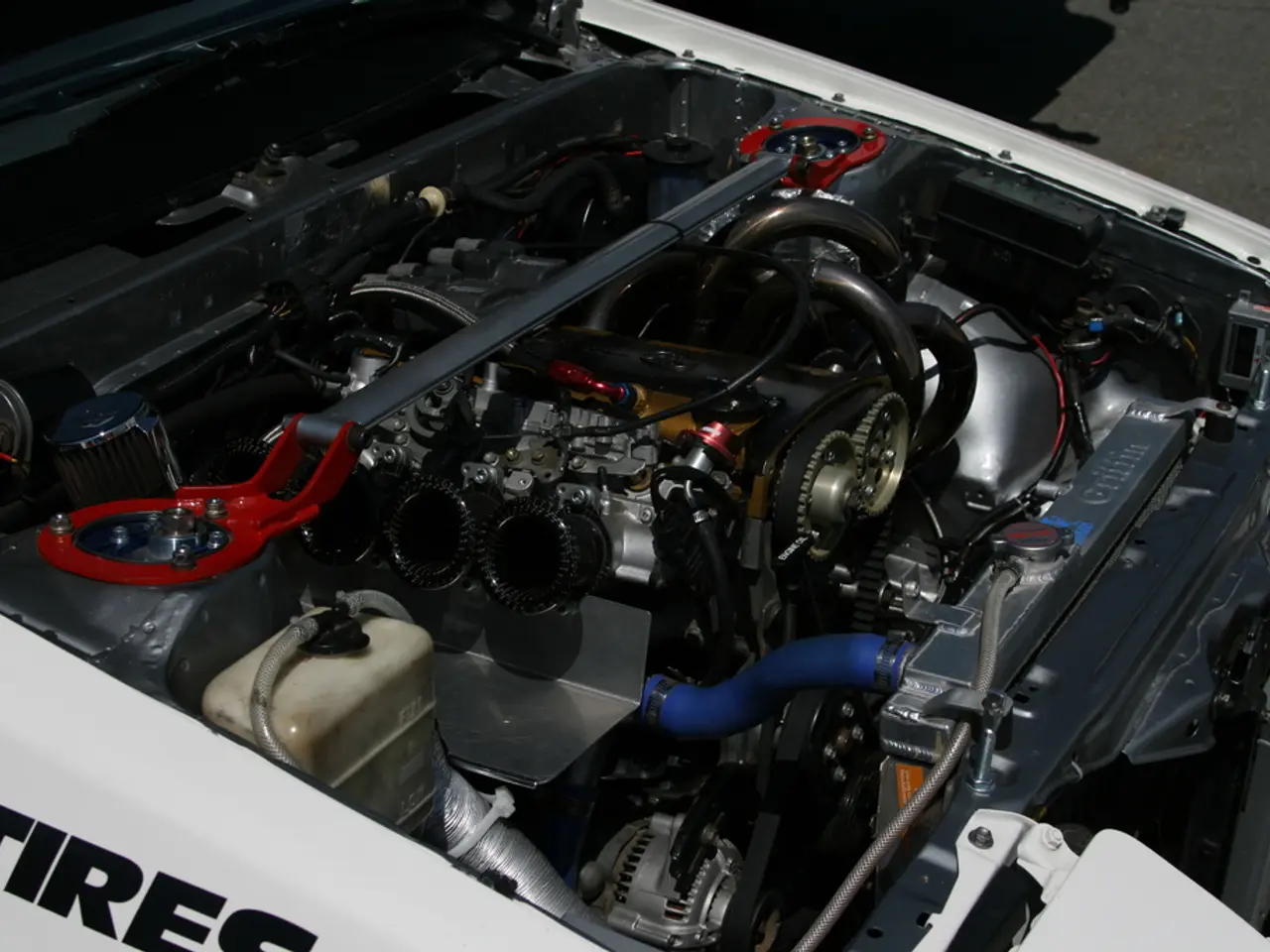Transformation of Renewable Energy Through Power Batteries: Insights from Electric Cars and Solar Panels
Power Batteries: Revolutionizing Renewable Energy and Electric Vehicles
Power batteries are playing a pivotal role in the shift towards a greener and more sustainable future. By supporting renewable energy sources and lowering greenhouse gas emissions, power batteries are significantly reducing environmental damage.
One of the most exciting advancements in power batteries is the development of solid-state batteries. These innovative batteries replace liquid electrolytes with solid materials like ceramics or polymers, enabling higher energy densities (300–450 Wh/kg), faster charging times, and improved safety with reduced fire risk. Automakers such as Toyota, Volkswagen, BMW, and Hyundai are targeting commercial deployment of these batteries around 2026-2030, aiming to deliver electric vehicles (EVs) with ranges over 500 miles and longer lifespans.
In the realm of manufacturing, advanced battery electrode processing technologies are being developed to lower energy use and reduce costs in lithium-ion battery production. This makes sustainable battery deployment more affordable, helping scale its use in both mobility and grid applications.
For solar energy systems, high-capacity, long-life lithium battery storage units are now integrated to provide power availability beyond sunlight hours. This allows homes, particularly those with EVs, HVAC systems, or high energy demands, to reduce grid reliance, store surplus solar energy for use during outages or peak pricing, and improve overall energy stability. Smart energy management systems with AI-powered controls further optimize battery charging/discharging, load balancing, and real-time monitoring, enhancing efficiency and user convenience.
Large-scale battery storage is witnessing substantial investment growth, with the US Department of Energy supporting significant capacity additions (nearly 19 GW in 2025 alone). This investment reflects the crucial role of batteries in enabling a more resilient and sustainable electric grid alongside renewable sources.
Businesses and homeowners can maximize their return on investment (ROI) from solar battery systems through smart financing and energy management strategies. The initial investment in solar battery systems is balanced out over time by savings on electricity bills and the potential to make money from excess energy. Additionally, taking advantage of government incentives and tax rebates can significantly reduce the payback period for solar battery systems.
The efficient management of energy is a key benefit of power batteries, which are becoming increasingly important in the growth of renewable energy. Power batteries are crucial for the future of renewable energy, as they will change the way energy is distributed and make it more widespread and reliable.
In conclusion, each new development in power batteries brings us one step closer to protecting the environment. The combined effect of these advancements is reduced greenhouse gas emissions, lowered dependence on fossil fuels, and increased energy resilience. The ongoing green revolution, driven by the integration of power battery solutions, is making cleaner, longer-range electric transportation and maximizing renewable solar energy use with smart storage a reality.
Read also:
- Construction and renovation projects in Cham county granted €24.8 million focus on energy efficiency
- Finance Management Organization (FMO) secures €130 million syndicated loan for QNB Leasing in Turkey
- Utilizing Solar Energy: Examining Eco-Friendly Power Sources
- Rapidly Constructed 435 MW Solar Power Facility in Rajasthan Reduces Carbon Dioxide Emissions by an Estimated 705,000 Tonnes








